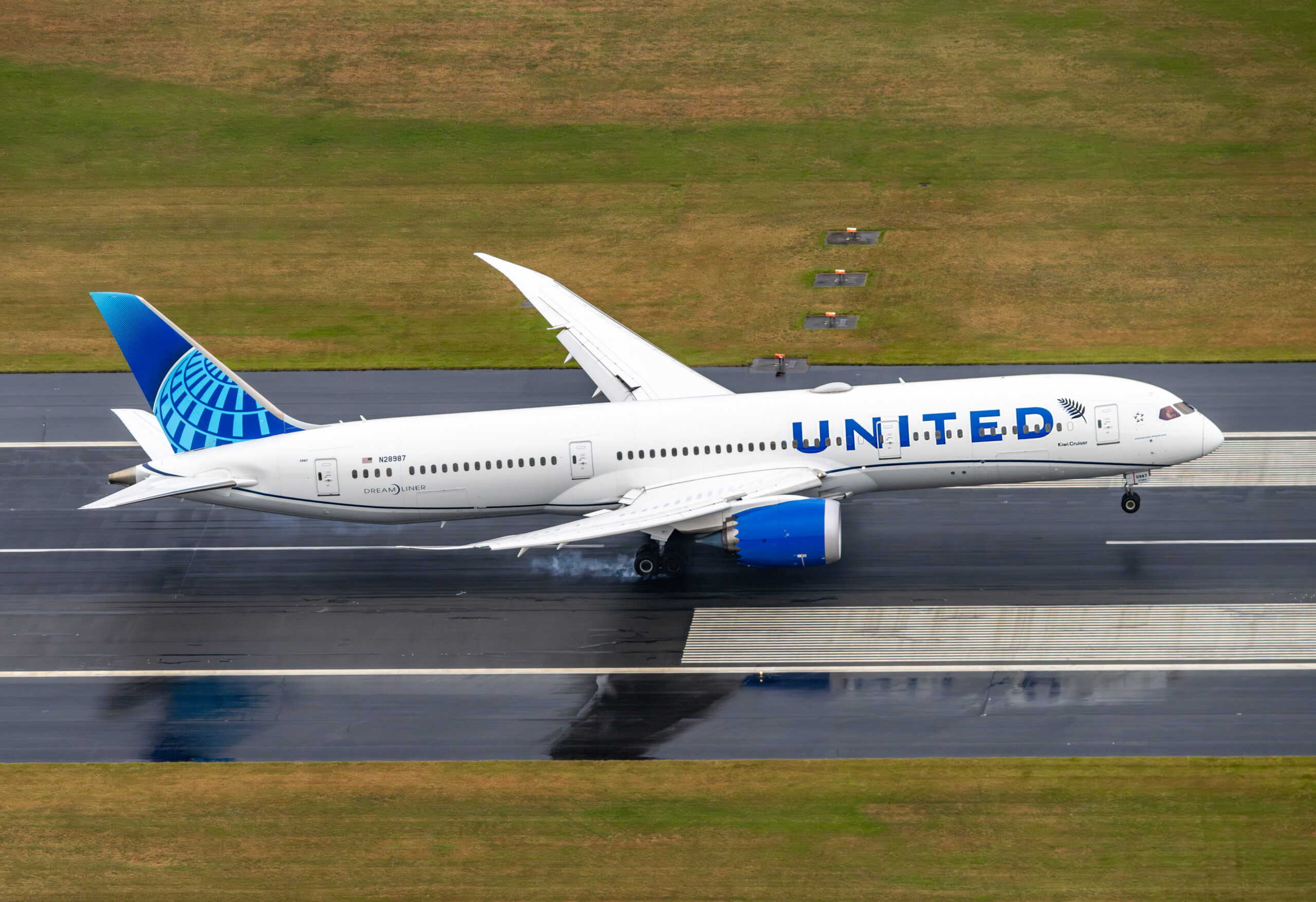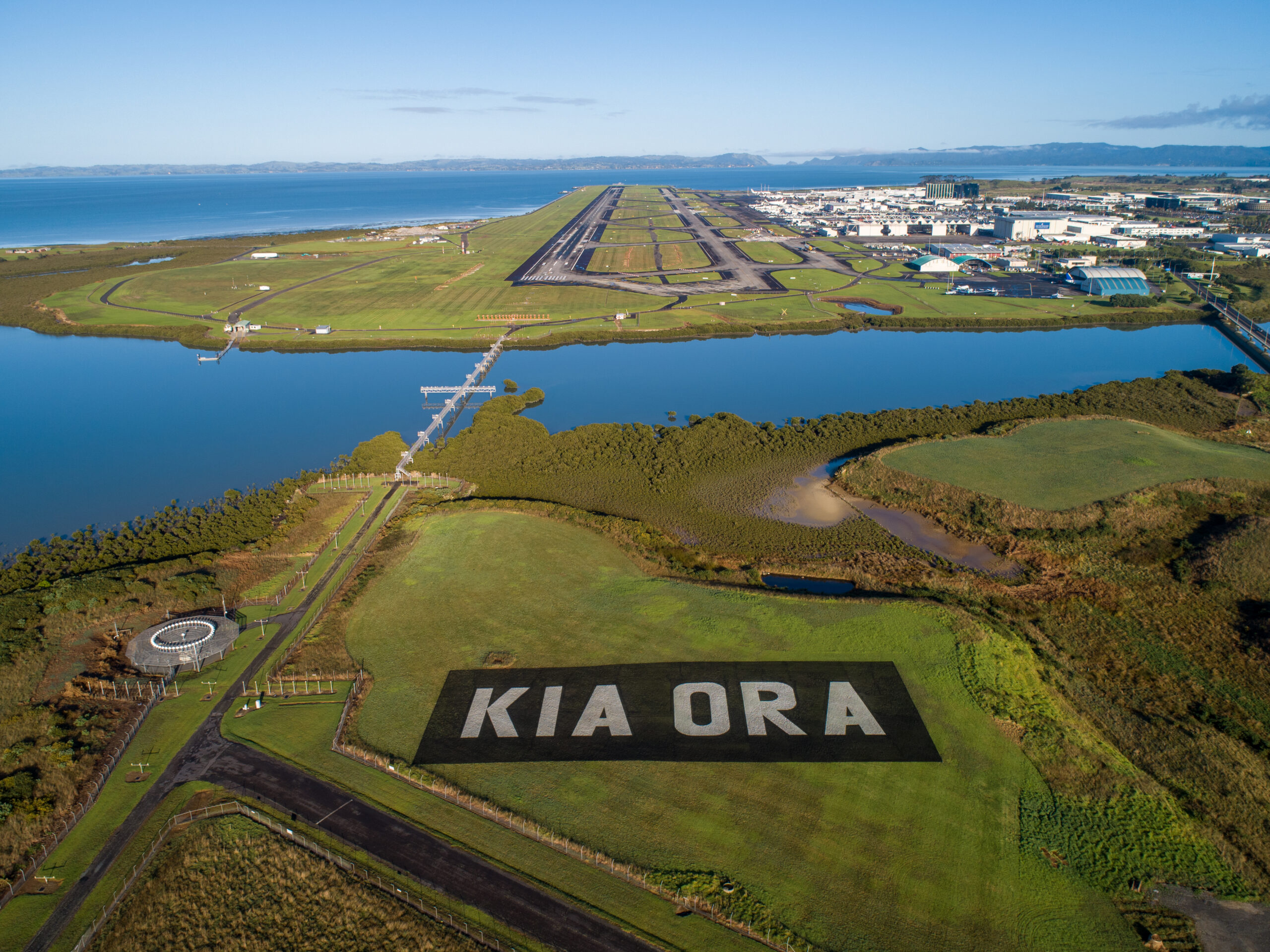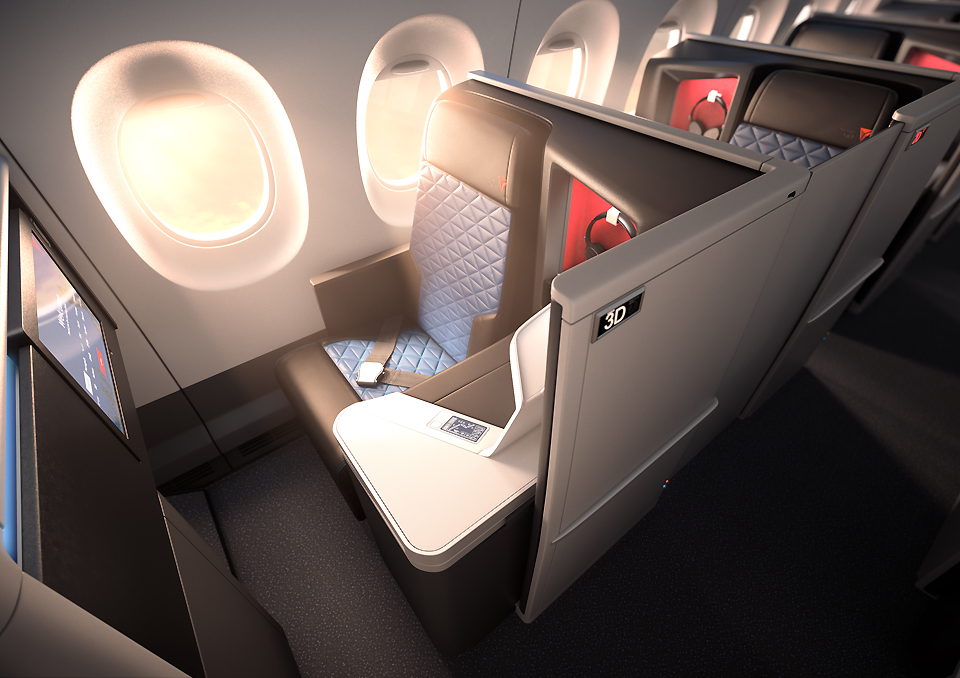

Qatar Airways as GlobalBeaconSM Launch Partner
- September 26, 2016
Qatar Airways will be the first airline to adopt the new GlobalBeaconSM solution to meet the International Civil Aviation Organization’s (ICAO) Global Aeronautical Distress Safety System (GADSS) recommendations. This will provide Qatar Airways’ Integrated Operations Centre with minute-by-minute, global tracking of Automatic Dependent Surveillance-Broadcast (ADS-B) equipped aircraft by 2018.
![]()
![]()
GlobalBeacon combines FlightAware’s worldwide flight tracking information including origin, destination, flight plan route, position, estimated time of arrival – with data from Aireon’s space-based ADS-B aircraft surveillance system, due to be operational in 2018. The solution will provide Qatar Airways with state-of-the-art technology to meet and exceed GADSS requirements and recommendations.
GADSS was created to help improve the ability to detect commercial aircraft in remote locations. The key components of GADSS recommend that aircraft report their position to the airline’s operations center at a minimum of once every 15 minutes under normal flight circumstances. However, if an aircraft should become in distress, position reports are then to be provided every minute. GlobalBeacon will provide a permanent minute-by-minute reporting capability, far exceeding the ICAO recommendation.
In addition to aircraft tracking and location reporting requirements, GADSS requires aircraft to provide immediate notification of abnormal events, regardless of air traffic unit boundaries and without a degradation of baseline search and rescue services. Further, distressed aircraft status tracking under GADSS can be activated by the pilot, automatically by the aircraft and remotely by the operations control center.
Qatar Airways will also integrate FlightAware’s Firehose application programming interface (API) with their existing visualization tool in their flight operations center. Firehose provides secure TCP-based streaming flight positions and flight status data via a combination of worldwide air traffic control data, ADS-B, Mode S multilateration (MLAT), and aircraft datalink information.
Aireon’s space-based ADS-B service will be operational in 2018, shortly after the completion of the Iridium NEXT satellite constellation. The constellation will consist of 66 operational low-earth-orbit satellites providing global coverage. The service will also provide Air Navigation Service Providers with global aircraft surveillance capability, and is expected to help reduce fuel costs, increase safety and enable more efficient flight paths.













